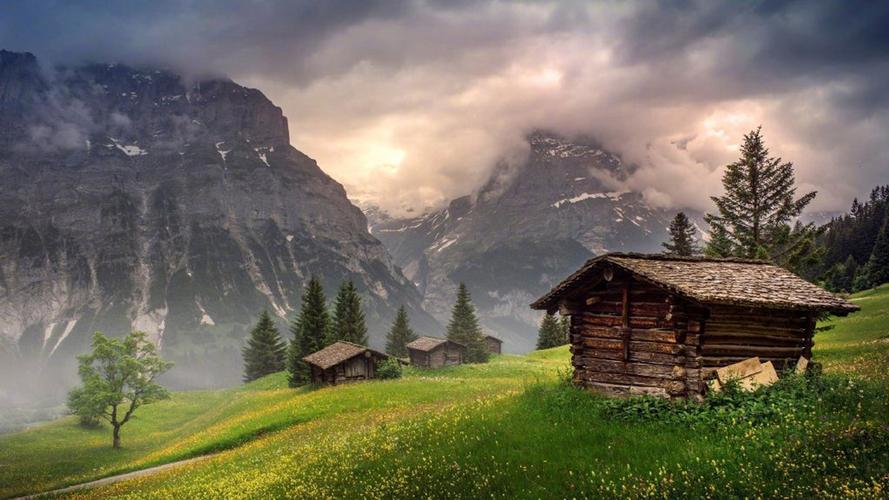Exploring the Diversity of Cultural Traditions Around the World
Cultural traditions are deeply ingrained in the fabric of societies around the world. These traditions have been passed down through generations, and each one is unique in its own way. From the foods we eat to the way we celebrate our milestones, cultural traditions play a significant role in shaping our identities and enriching our lives.
What Makes Culture Unique?
Culture encompasses a wide range of elements, including language, customs, values, beliefs, and even the physical surroundings. The diversity of cultures worldwide is often a reflection of the geography and history of a particular region. For instance, the nomadic lifestyle of the Mongolian people has given rise to traditions such as the Naadam Festival, where skills like horsemanship, archery, and wrestling are celebrated. Similarly, the colorful clothing and vibrant dances of the Maasai people in Kenya and Tanzania reflect their semi-nomadic pastoral lifestyle.
The Significance of Cultural Traditions
Cultural traditions have significant social, psychological, and economic implications. For individuals, they provide a sense of belonging and identity. For societies, they serve to preserve their heritage and provide a framework for social interactions. Additionally, cultural traditions often play a crucial role in the tourism and hospitality industry of a region. For example, the Thai New Year or Songkran Festival attracts visitors from around the world who come to experience the unique water throwing ceremony and other cultural festivities.
Challenges in Preserving Cultural Traditions
Despite the significance of cultural traditions, they are increasingly at risk of disappearing due to globalization, modernization, and social change. For instance, the construction of modern road networks and urbanization has led to the displacement of some indigenous communities in regions like the Amazon rainforest. Additionally, the rapid spread of new technologies and the internet has led to the homogenization of some cultural traditions, especially in urban areas. Hence, it’s essential to promote awareness and initiate measures to safeguard these invaluable cultural traditions.
Conclusion
Cultural traditions are a treasure trove of knowledge, practices, and values that enrich our lives. It’s crucial to recognize their significance in shaping our identities and preserving our heritage. By exploring the diversity of cultural traditions worldwide, we enhance our understanding and appreciation of the world’s cultural variety. Let’s celebrate our cultural traditions and promote awareness of their importance to future generations.
(Note: Do you have knowledge or insights to share? Unlock new opportunities and expand your reach by joining our authors team. Click Registration to join us and share your expertise with our readers.)
Speech tips:
Please note that any statements involving politics will not be approved.
